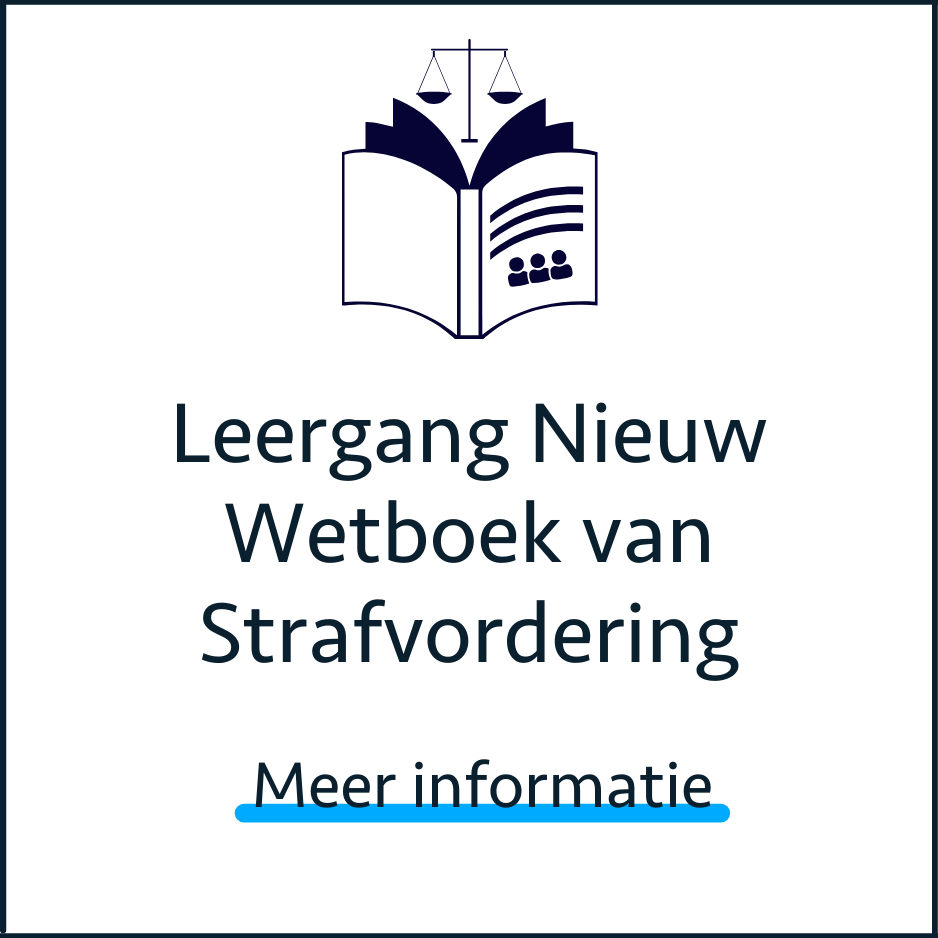'The Evolving EU Anti-Money Laundering Regime: Challenges for Fundamental Rights and the Rule of Law'
/Over the past twenty-five years, the European Union has developed a farreaching legal regime aimed at countering money laundering. The evolution of this regime has been linked inextricably with the parallel development of global standards in the field, most notably by the Financial Action Task Force on Money Laundering (FATF). This article critically evaluates the content of EU anti-money laundering law, by putting forward a comprehensive typology of the EU anti-money laundering regime as outlined in the successive EU Anti- Money Laundering Directives and consisting of three elements: the criminalization of money laundering and terrorist finance; the prevention of money laundering via the imposition of a series of duties on the private sector; and the focus on financial intelligence, via the establishment and co-operation of financial intelligence units responsible for receiving and analysing reports received from the private sector.
This article examines the evolution of EU law as regards all elements of anti-money laundering law, by focusing in particular on the changes brought forward by the post-Lisbon Fourth Money Laundering Directive. The article casts light on the influence of the FATF in shaping these standards and highlights the impact of the ever expanding EU anti-money laundering legal framework on fundamental rights and the rule of law.
Lees verder:
- The Evolving EU Anti-Money Laundering Regime: Challenges for Fundamental Rights and the Rule of Law door V. Mitsilegas & N. Vavoula in Maastricht Journal of European and Comparative Law 23e jrg., nr. 2, 2016











